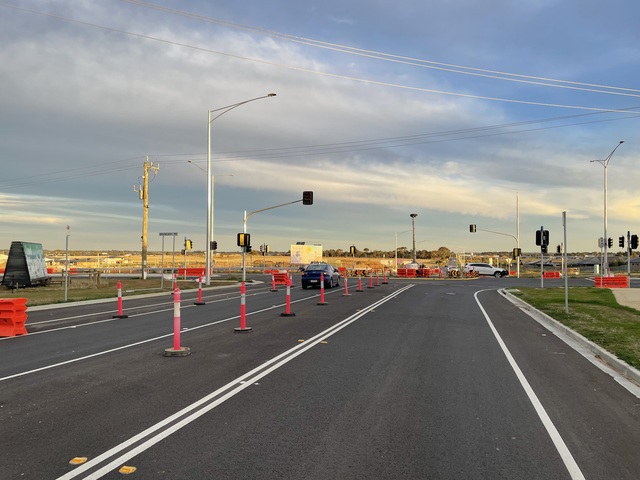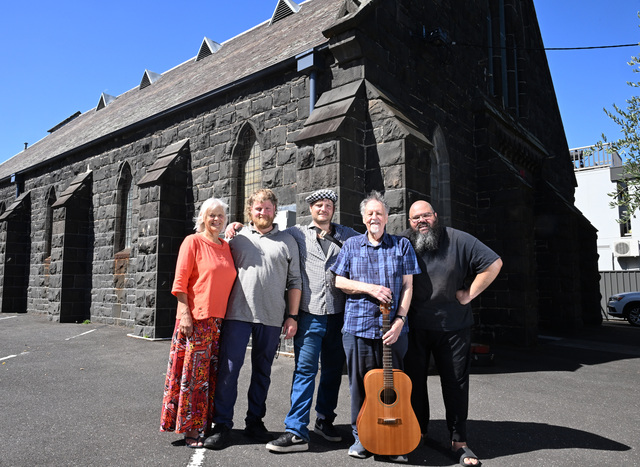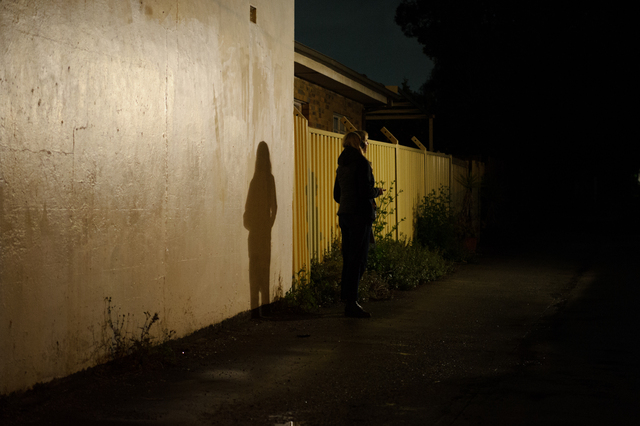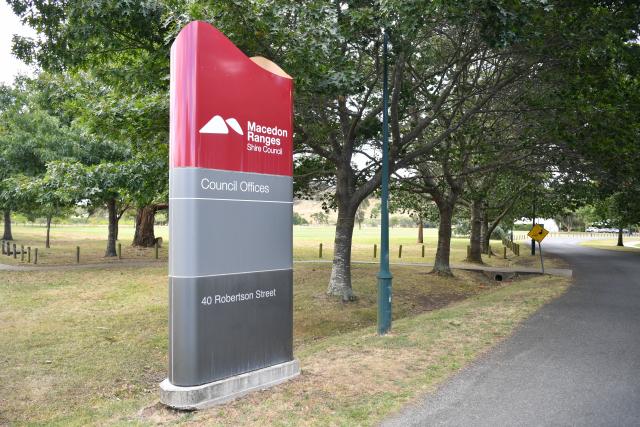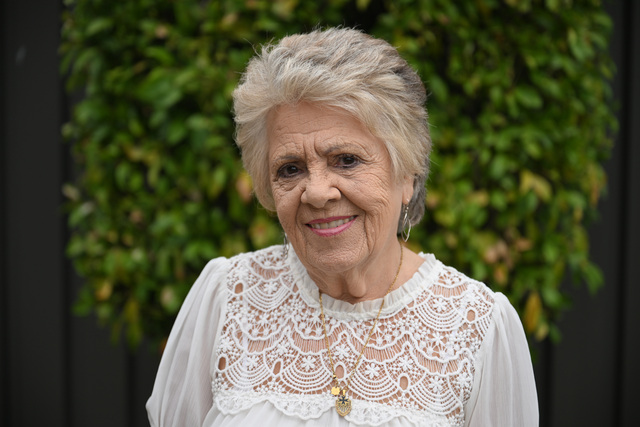Local services supporting queer young people in Sunbury and the Macedon Ranges remain crucial, as new research reveals the “disproportionate” challenges the community faces compared to their heterosexual peers.
Research by Monash University Centre for Youth Policy and Education Practice (CYPEP) used a survey of more than 500 young Australians aged 18 to 24, and in-depth interviews across a range of areas, including education, health and employment.
According to the report, queer young people are 33 per cent more likely to experience stress about interacting with other students than cisgender or heterosexual people, and are 21 per cent less likely to feel a sense of belonging at their educational institution.
In addition, they are 85 per cent more likely to feel pessimistic about working in a meaningful job, 1.4 times more likely to rate their mental health from poor to very poor, and 71 per cent more likely to have sought but not received mental health support in the last two years.
Health promotion team leader at Sunbury and Cobaw Community Health, Lauren Tyrrell, said the statistics showed how vital the services offered by the organisation were.
“Through our WayOut program, which has recently been extended to cover the Macedon Ranges and Sunbury, we aim to create safe and affirming opportunities for LGBTIQA+ young people to establish meaningful social connections,” Ms Tyrrell said.
“We work with young people, their families, schools, council, local organisations and businesses to help them feel connected and supported in their community.”
The report’s lead author and CYPEP researcher, Blake Cutler, believes schools should be the place where young people be feel not just safe, but can thrive too.
“For many queer young people, schools are places where they face regular harassment and discrimination,” Mr Cutler said.
“These negative experiences contribute to poorer wellbeing outcomes and queer young people face significant challenges when accessing crucial queer-affirming health and mental health care.
“The onus to address these issues is on us all.”


